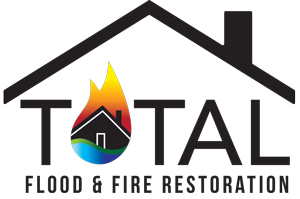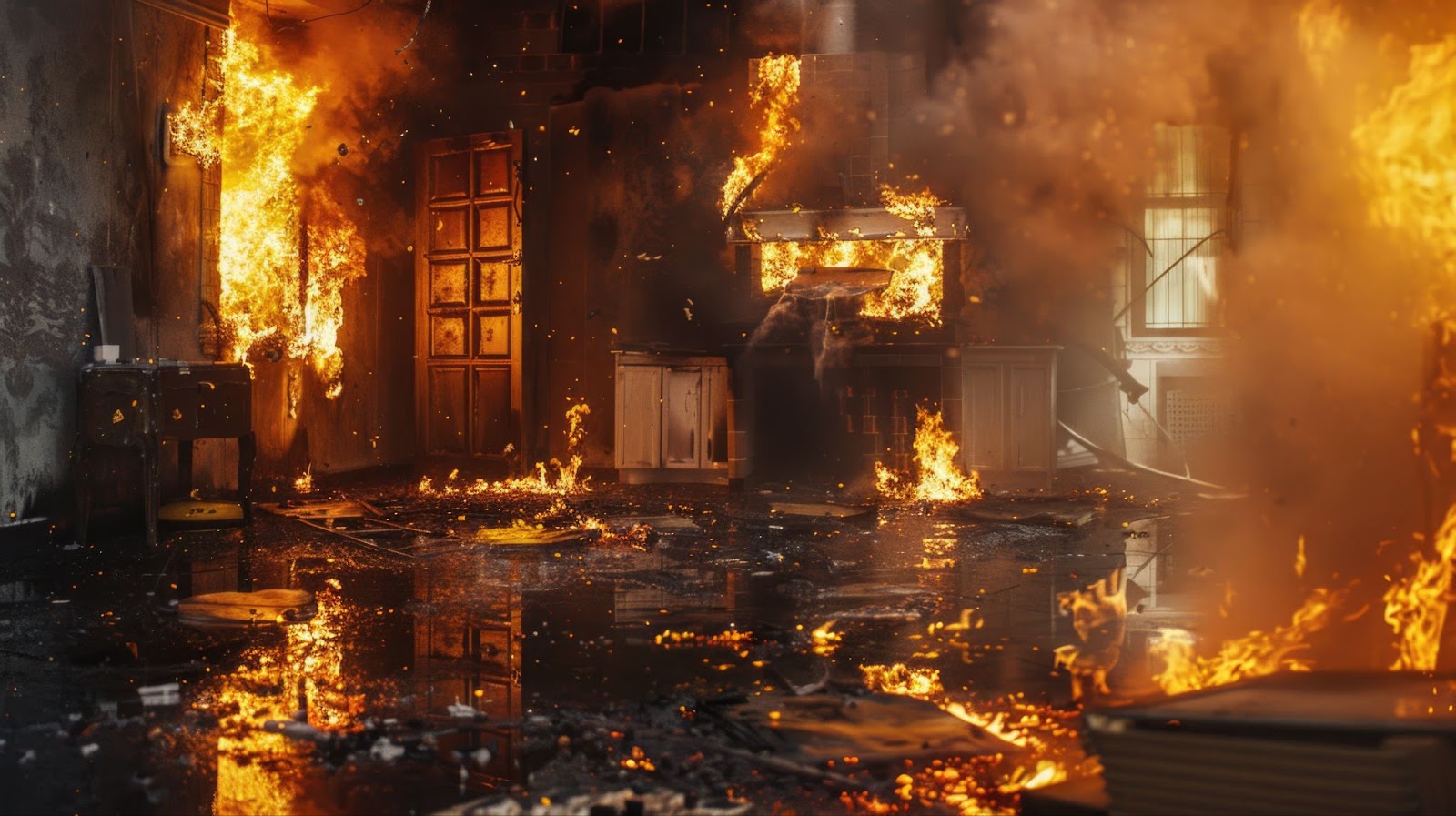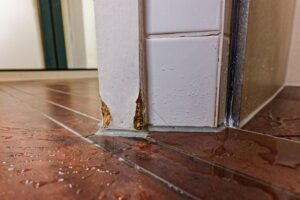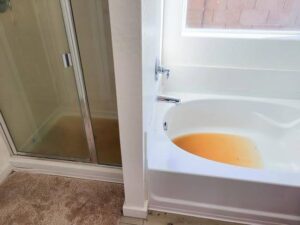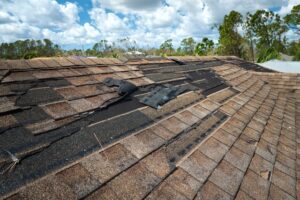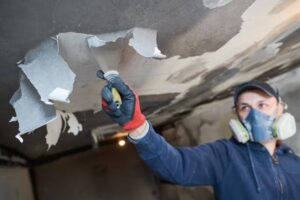Imagine waking up to the smell of smoke in your home; a house on fire can turn your life upside down in moments. Understanding your insurance coverage will provide peace of mind in such challenging times. Homeowners insurance is designed to protect you from various disasters, including those terrifying flames that can consume your belongings.
Most homeowners think their insurance will cover any fire damage, but there are important details to consider. Not all fires are treated equally, and some policies have specific exclusions you might not be aware of. Knowing the specifics will save you from unwelcome surprises when you need help the most.
In this article, we will explore whether homeowners insurance covers a house on fire, detailing types of coverage, how to file a claim, and what steps to take if your claim is denied.
By the end, you’ll have the knowledge to navigate procedures with confidence, ensuring your home and peace of mind are well-protected from house fires.
Table of Contents
ToggleTypes of fires and coverage differences
When thinking about fire damage to your house, it’s important to know that not all fires are the same. There are different types of fires, and knowing about them helps you understand your insurance coverage better.
- Kitchen fires: These often happen when cooking gets out of hand. You might have the heat on too high or have stepped away for a moment too long. Your insurance usually covers this.
- Electrical fires: Faulty wiring or overloaded circuits usually cause electrical fires, and insurance generally covers them.
- Accidental fires: Like a candle tipping over, these unintentional blazes are typically covered.
- Natural fires: Fires resulting from lightning or wildfires are covered by most policies.
But remember, if the fire is on purpose or because of neglect, like not putting out a campfire, insurance may not pay for the damage.
Also, keep in mind that you might also have water damage from extinguishing the frames. You’ll want to include that in your claim.
Here’s a table for easy future reference. We invite you to print it out or write it down so you know what is and isn’t covered.
| Type of Fire | Usually Covered By Insurance? |
| Kitchen Fire | Yes |
| Electrical Fire | Yes |
| Accidental Fire | Yes |
| Natural Fire | Yes |
| Intentional Fire | No |
| Neglectful Fire | No |
Also, differences in coverage do exist. Always talk to your insurance company to know exactly what’s covered in your policy. If you make sure to keep smoke detectors working, it shows you’re taking good care to prevent fires. This will help when dealing with insurance companies after a fire.
How to file a fire damage claim
When a fire hits your home, it’s important to know how to communicate with your insurance company effectively.
First, call your insurance company as soon as it’s safe to do so. It’s important to start the claim process right away. Next, keep proof of all damages by taking plenty of photos and videos — these will help support your claim. Make a detailed list of everything that was damaged in the fire, and be as thorough as possible.
If you’re unable to stay in your home, save all receipts for temporary living expenses, such as hotels and meals. Your insurance company will also send you claim forms to complete — make sure to fill these out and return them promptly. Begin the cleanup and repair process, but avoid throwing anything away until the insurance adjuster has assessed the damage.
When the insurance adjuster arrives, walk them through the property and point out all the issues. After the assessment, the insurance company will determine your compensation and provide payment to help with the repairs and replacement of lost items.
How to prevent claim denials
Preventing a claim denial starts with being proactive and informed. Here are some tips to help ensure a smooth insurance claim process:
Understand your policy
Make sure you’re familiar with what your insurance covers, including any exclusions or specific limitations. Knowing your policy well will help you avoid surprises when filing a claim and give you a clearer idea of what to expect.
Maintain proper documentation
Keep up-to-date records of your property, including photos and receipts for valuable items. This documentation will be crucial in proving the value of your loss, making your claim more likely to be approved.
Report damage immediately
Contact your insurance company as soon as possible after any damage occurs. Reporting promptly speeds up the claims process and demonstrates that you’re diligent and serious about addressing the situation.
Follow policy requirements
Make sure to follow any steps outlined in your policy, such as making temporary repairs to prevent further damage. Insurance will often require these steps to keep the claim valid and to avoid worsening the situation.
Communicate clearly and often
Stay in touch with your insurance company, and keep detailed notes of every conversation, including dates, times, and the names of representatives you speak with. Consistent and clear communication will help you avoid misunderstandings that could lead to a denial.
By being prepared, understanding your policy, and keeping clear records, you can reduce the risk of claim denials and make the process smoother when you need it most.
What to do if your claim is still denied
If your claim is still denied, it’s important to review the details carefully. Start by looking over your denial letter to understand why insurance rejected the claim. Then, review your insurance policy to confirm what is covered and ensure that the denial isn’t due to a misunderstanding of your coverage.
Next, gather all relevant documentation, including records of the damage and any repairs. Take photos, and collect any reports that could support your claim. Contact your insurance company to discuss the denial, asking specific questions to seek clarification on the decision.
If you believe the denial was made in error, file a formal appeal. Write a clear letter explaining why you think your claim should be covered, and provide any additional documentation to support your case. If needed, consider hiring a claims adjuster or attorney — they can assist you in dealing with the insurance company and advocating for your claim.
Most importantly, don’t give up. Be persistent, provide any additional information requested, and follow up regularly on the status of your appeal.
Now that we’ve gone over everything you need to know about homeowners’ insurance, it’s time to talk about repairs. And that’s where we come in among restoration companies in Utah.
Repair your home with Total Flood & Fire Restoration
Facing damage from a house on fire can be overwhelming, but you don’t have to handle it alone. Total Flood & Fire Restoration is one of the best restoration companies in Utah and is here to guide you through every step of the recovery process.
Whether it’s the initial cleanup, assessing the damage, making essential repairs, or assisting with the complicated insurance claim process, our team has the experience and expertise you need. We understand how devastating fire damage is, and we’re committed to making your restoration process as smooth and stress-free as possible.
Our professional team will work quickly and efficiently to restore your property, ensuring that your home or business is safe and sound. From advanced equipment to skilled technicians, we have everything needed to tackle fire damage, no matter how big or small. You deserve reliable support when disaster strikes, and we’re ready to provide that.
Don’t let fire damage hold you back or add unnecessary stress — contact Total Flood & Fire Restoration today. Let us bring our expertise, care, and commitment to help you restore your property and get your life back on track. The sooner you reach out, the sooner we can help you move forward with confidence.
